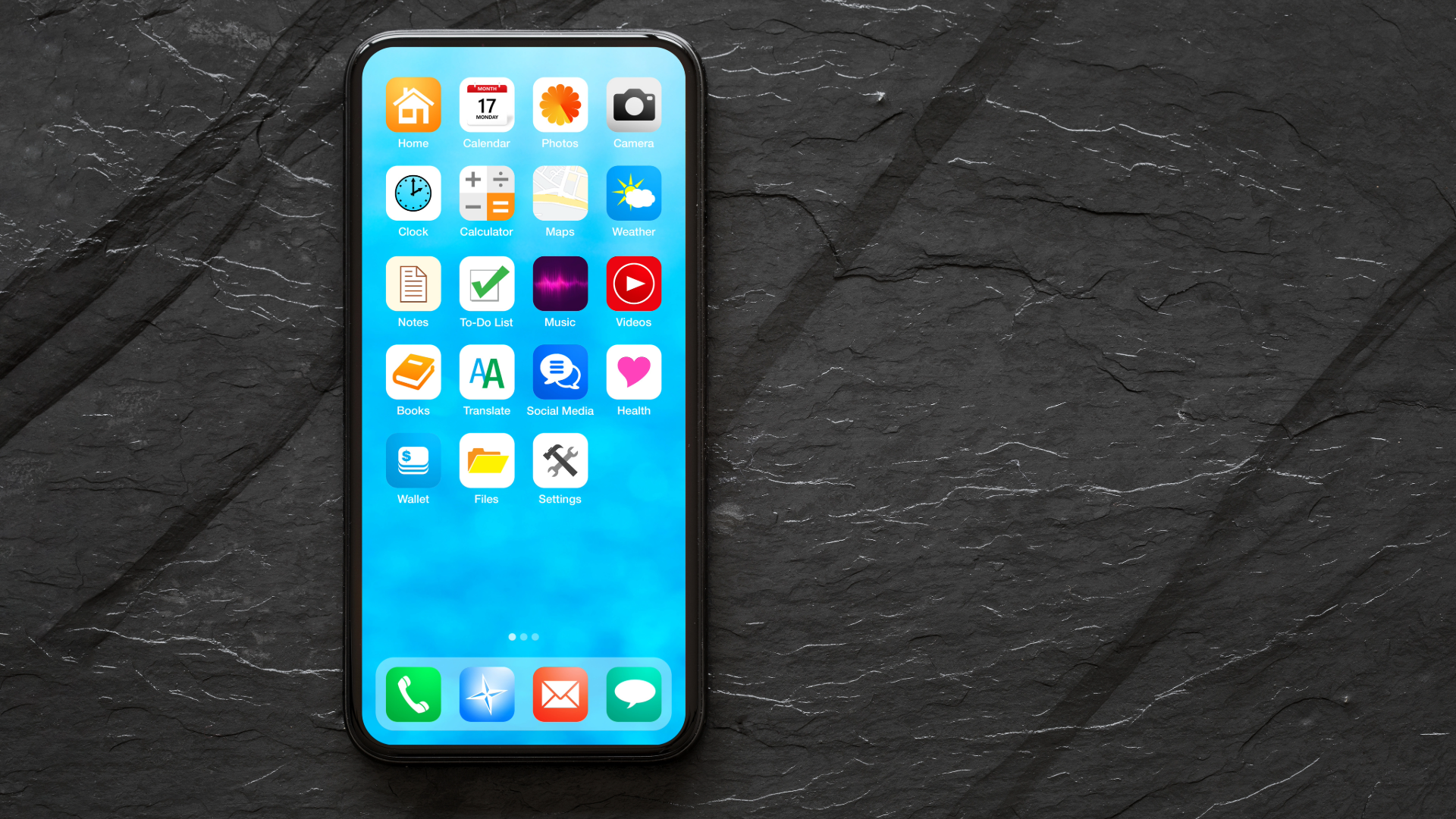September 18, 2025
Will Your Auto or Home Insurance Cover Your Mobile Device or Computer? Our phones and laptops aren’t just gadgets anymore, they’re lifelines. From handling business on the go to streaming that must-watch series at night, they’re practically extensions of ourselves. But what happens when the unexpected occurs? A drop, a theft, a spilled cup of coffee, will your auto or home insurance policy swoop in to save the day? Let’s break it down. Home Insurance & Your Tech Good news! Most homeowners and renters insurance policies can cover personal electronics like smartphones, tablets, and computers, at least up to policy limits. Theft or Fire : If your laptop is stolen from your home or damaged in a covered event like a house fire, your policy may reimburse you. Vandalism & Certain Storms : Same deal here. If your tech is damaged by something your policy specifically lists as covered, you’re in luck. But here’s the potential issue: coverage is usually subject to your deductible. If you have a $1,000 deductible and your device is worth $800, you might be out of pocket. 💡 Pro Tip: Ask your agent about scheduled personal property coverage or a rider, these can give your devices extra protection (and sometimes lower deductibles). Auto Insurance & Your Devices This one surprises people. If your phone or laptop is stolen from your car, your auto policy generally doesn’t cover it. Instead, it would fall back to your homeowners or renters insurance. However, your auto insurance can play a role if your car itself is damaged and your devices are harmed in the process. Example: a covered accident shatters your windshield and your laptop sitting in the passenger seat gets smashed. Some policies may extend limited coverage for items damaged inside the vehicle. Still, it’s not the main player here, think of your car insurance as handling the car first and foremost. What’s Not Typically Covered Accidental Damage (a.k.a. Clumsy Drops) : Most standard home or renters insurance won’t pay out if you drop your phone in the pool. Wear & Tear : If your laptop battery dies from age, that’s on you. Manufacturer Defects : That’s what warranties or protection plans are for. How to Make Sure You’re Protected Inventory Your Devices : Keep a running list (and receipts if you have them). Check Your Policy Limits : Electronics often have sub-limits that cap coverage. Consider Add-Ons : Riders or endorsements can provide stronger coverage for today’s high-ticket devices. Device Protection Beyond Your Plan While you’re safeguarding your tech, why not protect how you carry it? If you’re in the market for premium, durable, stylish leather accessories, check out our office favorites and get our exclusive 10% discount - Andar – Handcrafted Wallets & Tech Accessories These items don’t replace insurance, but they make sure your phone or computer travels in style and gets treated like the valuable gear it is. The Sonon Insurance Takeaway Insurance is about more than protecting the big stuff like your car or home, it’s also about safeguarding the tools that keep your everyday life running smoothly. If you rely on your devices (and who doesn’t?), make sure your coverage fits your lifestyle. At Sonon Insurance, we’ll walk you through what’s covered, what’s not, and how to fill in the gaps so your laptop or phone doesn’t leave you stranded in the digital stone age. ✅ Affiliate Disclosure & Legal Stuff We want to be transparent: some of the product links in this post are affiliate links—meaning Sonon Insurance may earn a commission if you click through and make a purchase. This comes at no extra cost to you, and we only promote products we genuinely believe will provide value. We’re not responsible for warranties, returns, or damage once the product is in your hands—any such policies come from the product brand itself.




